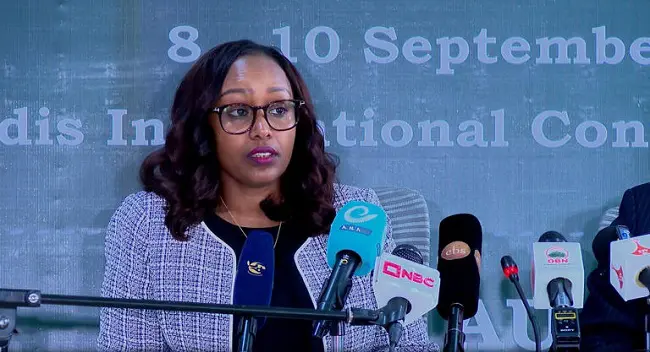Africa’s Climate Summit in Addis Ababa Poised to Propel Action and Investment


Quidah is an online platform that connects investors with curated opportunities and expert insights on Africa’s emerging markets, while offering businesses promotional services, partnership facilitation, and market intelligence to attract capital and grow their operations.
Industries
Addis Ababa is set to host the Second Africa Climate Summit (ACS2) from 8–10 September 2025, an event expected to galvanise international momentum for climate resilience and financing on the continent. Organised jointly by the Government of Ethiopia and the African Union Commission, the summit follows a key resolution from the recent African Union Summit aimed at accelerating climate solutions and unlocking global financial support.
Ethiopia’s Minister of Planning and Development, Dr Fitsum Assefa, stated during a press briefing on 16 June that the decision to host ACS2 in Addis Ababa is a recognition of Ethiopia’s long-standing commitment to sustainable development and climate adaptation. She cited the country’s Climate-Resilient Green Economy (CRGE) Strategy launched in 2011 as a foundational element in Ethiopia’s 10-Year Development Plan.
Dr Assefa highlighted several national initiatives that exemplify Ethiopia’s leadership in environmental stewardship. These include the Green Legacy Initiative, under which more than 40 billion trees were planted between 2019 and 2023, along with investments in renewable energy, electric mobility, sustainable land use, and watershed management.

Under the theme “Green Talks and Green Actions,” the summit aims to shift the narrative from discussion to implementation. It will convene some 25,000 participants, including African heads of state, international climate leaders, academics, NGOs, and private sector actors. Participants will exchange strategies and experiences to address Africa’s disproportionate exposure to climate risks despite contributing just 4% of global greenhouse gas emissions.
Moses Vilakati, AU Commissioner for Agriculture and Sustainable Environment, underscored the urgency of the summit. He warned that Africa’s critical infrastructure, food systems, and public health are increasingly threatened by climate shocks, and highlighted the continent’s substantial financing gap. While $250 billion is needed annually for climate resilience and adaptation, only $30 billion is currently accessible.
The summit is expected to push for innovative funding mechanisms and expand Africa’s access to climate finance. Discussions will also focus on scalable, nature-based solutions and private sector involvement.
The Second Africa Climate Summit offers vast opportunities for investors and entrepreneurs in green technologies, sustainable agriculture, climate finance, and infrastructure development. With a spotlight on renewable energy, smart urban planning, and eco-friendly mobility, businesses that align with Africa’s green transition agenda could benefit from increased funding, public-private partnerships, and preferential policy frameworks. The summit also opens doors for global and African financial institutions to craft innovative climate-finance products tailored to African needs—creating new markets while addressing pressing environmental challenges.


